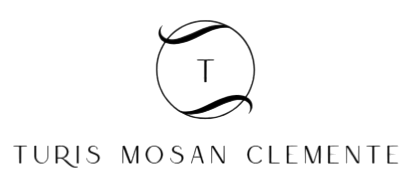Head lice can affect children of all hair types, but Black kids, in particular, may experience unique challenges when it comes to hair and scalp health. Lice infestations often lead to scalp irritation, which can be more noticeable and harder to manage for Black children due to the texture and density of their hair. Black hair, which is often coarser and more tightly coiled, can make it more difficult to spot the tiny, translucent lice or nits eggs , as they may blend into the strands more easily compared to straighter or finer hair types. This can delay detection and treatment, potentially leading to longer infestations. The physical effects of lice can also vary. The bites from lice cause itching, which is a result of an allergic reaction to the saliva of the lice. For Black children, the scalp may be more sensitive due to the tight curls and dense nature of the hair, which can cause discomfort and lead to more intense scratching.

Frequent scratching can result in scalp irritation, redness, or even open sores, making the scalp vulnerable to bacterial infections. In some cases, excessive scratching may cause hair breakage, which could affect the overall health and appearance of the hair. Additionally, the way Black hair is often styled can present more difficulties in managing lice infestations. Many Black children’s hair is styled in braids, twists, or other protective styles that help preserve hair health and minimize damage from every daywear. However, these styles can trap lice and nits in smaller sections of the hair, making it harder to thoroughly comb out lice or apply treatments to the scalp. Moreover, using certain chemical treatments for lice can be harsh on textured hair, leading to dryness or damage. It is important to carefully select treatments that are both effective and gentle on the hair.
In terms of scalp health, Black children with lice infestations may face a greater risk of developing scalp conditions like dandruff or seborrhea dermatitis if the lice bite or scratching causes further irritation. These conditions can exacerbate the feeling of discomfort and may require additional attention from parents or caregivers. Parents often worry about lice in black hair, but early detection and specialized products can make treatment straightforward and easy. Proper care involves regular inspection, treatment with safe and effective lice removal products, and gentle scalp maintenance to avoid hair damage. Ultimately, the impact of lice on Black kids’ hair and scalp health underscores the importance of early detection, appropriate treatment, and the use of suitable hair care products that minimize damage while addressing the infestation. Parents should be mindful of their child’s hair type when selecting lice treatments, and consider consulting with a dermatologist if there are concerns about long-term scalp irritation or hair loss.
